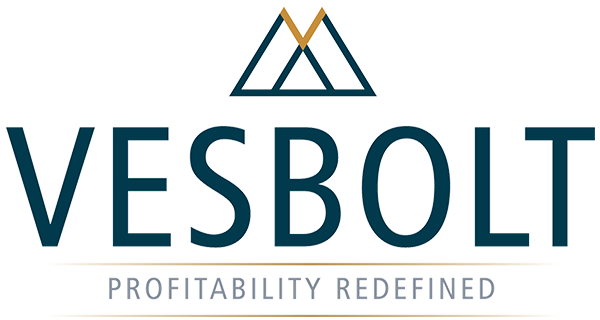Dollar retreats ahead of U.S. tax bill, pound prepares for rate decision
By Shinichi Saoshiro
The dollar pulled back from a 3-1/2-month high versus the yen and also fell back against the euro on Thursday, sagging ahead of a U.S. tax bill that will be unveiled after a one-day delay.
The dollar slipped 0.25 percent to 113.920 yen.
It had gained about 0.5 percent overnight and approached 114.450, its highest level since July 11 set on Friday, underpinned by upbeat U.S. data and enhanced prospects for a December interest rate hike.
The Fed left interest rates unchanged as widely expected, but further sharpened expectations for a year-end rate hike by highlighting “solid” economic growth and a strengthening labor market.
Thursday’s robust U.S. ADP private employment report was the latest in a list of strong indicators that have backed the Fed’s quest to normalize monetary policy.
The dollar’s advance, however, was curtailed as other factors pertaining to U.S. fiscal and monetary policy came into focus.
“The dollar was buoyed by the Fed’s statement but the impact was limited as the decision and its statements produced little surprise,” said Shin Kadota, senior strategist at Barclays (LON:BARC) in Tokyo.
“The likelihood of (Fed Governor Jerome) Powell being nominated as the next Fed chair is capping the dollar. The delay in the tax bill announcement is also a potential sign of internal squabbles.”
U.S. President Donald Trump plans to nominate Governor Powell, seen as less hawkish than other candidates, as the next chair of the Federal Reserve, a source familiar with the matter said on Wednesday. The announcement is expected on Thursday.
After an embarrassing one-day postponement of the bill’s unveiling on Wednesday, U.S. lawmakers have made plans for a measure that will seek up to $6 trillion in tax cuts over 10 years but is not likely to spell out in detail how they should be offset.
The dollar has drawn support since September on tax cut hopes and some of the “tax reform trades” that lifted the currency could be unwound if the bill reveals discord among lawmakers, Kadota at Barclays said.
The euro was 0.35 percent higher at $1.1658.
POUND AWAITS BOE
Sterling nudged up 0.25 percent to $1.3282 <gbp=d3>ahead of a Bank of England policy decision due at 1230 GMT.
The BoE is widely expected to raise interest rates for the first time since July 2007, and investors will focus on the degree of unity among policymakers as they gauge the likelihood of further increases. [GBP/]
Against the euro, the pound was at 87.74 pence (EURGBP=D3) after advancing to 87.33 pence overnight, its strongest since mid-June.
“A number of BoE policy makers have recently expressed caution towards raising rates, and the pound will look vulnerable if the decision to hike rates is a closely contested one,” said Masafumi Yamamoto, chief forex strategist at Mizuho Securities in Tokyo.
Some market participants think the central bank will ensure that any rate hike on Thursday is the last for some time, given signs of a slowdown in the British economy.
The dollar index against a basket of six major currencies slipped 0.3 percent to 94.520 (DXY), handing back the previous day’s gains.
The New Zealand dollar extended Wednesday’s rally, when it soared after news that the jobless rate had fallen to a nine-year low.
The kiwi was up 0.7 percent at $0.6931 <nzd=d4>and at its highest level in nine days. It had fallen to $0.6818 on Friday, its lowest since May, having come under pressure on fears over the Labour-led coalition government’s policies.
The Australian dollar was at its strongest level in eight days, last up 0.5 percent to $0.7715 <aud=d4>, thanks to a set of strong domestic indicators.
Data on Thursday showed Australia’s trade surplus doubled in September and mark the eleventh straight month of surpluses, its longest winning streak since the early 1970s.
Separately, approval to build new homes in Australia climbed to a seven-month high in September.
Article is taken from Investing.com
 English
English
